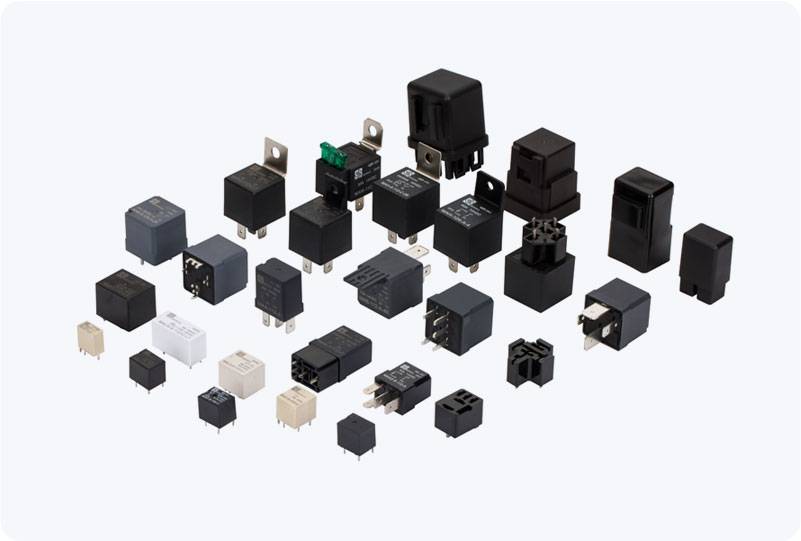A power relay is an essential electrical component used in a wide range of industries for controlling high power circuits with low-power signals. These devices serve as intermediaries that enable the activation or deactivation of high voltage or high current systems through a low-voltage control signal. Their role in electrical systems is critical, ensuring the safe and efficient operation of various machinery and appliances.

What is a Power Relay? A power relay is an electromechanical device that opens or closes electrical contacts when a small electrical signal is applied. This small signal usually comes from a low-voltage control circuit, while the relay’s contacts are designed to handle much higher voltage and current. The fundamental structure of a power relay consists of a coil (electromagnet), a set of contacts (usually made of metal), and a mechanical arm or lever system. When the coil is energized by an input signal, it creates a magnetic field that moves the contacts, either opening or closing them depending on the relay’s design.